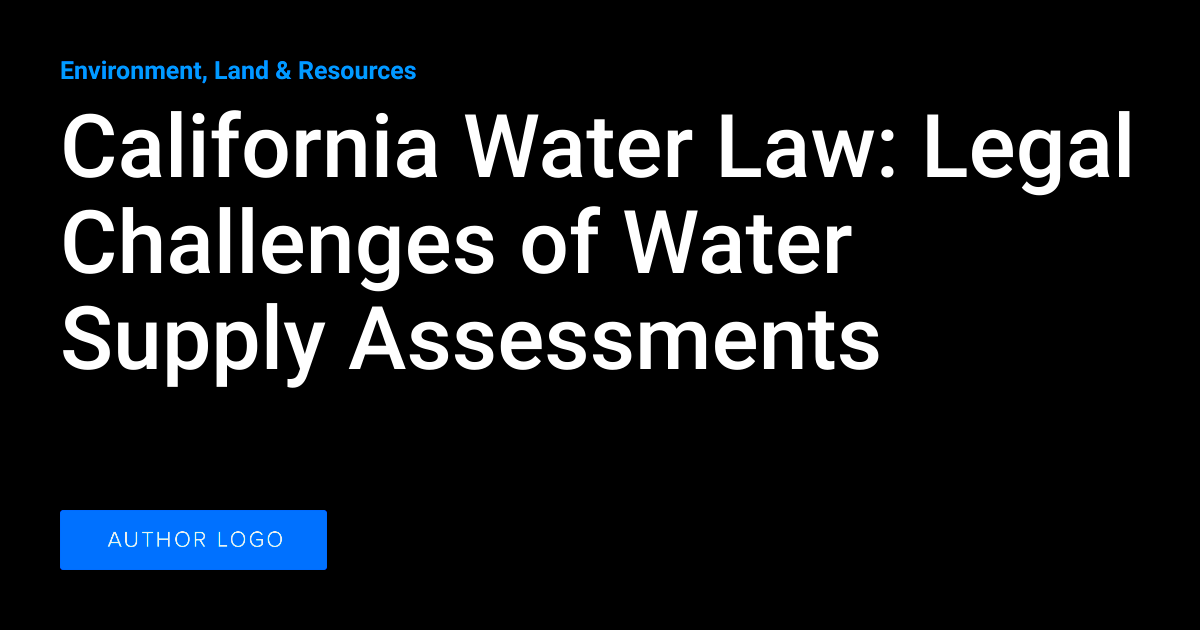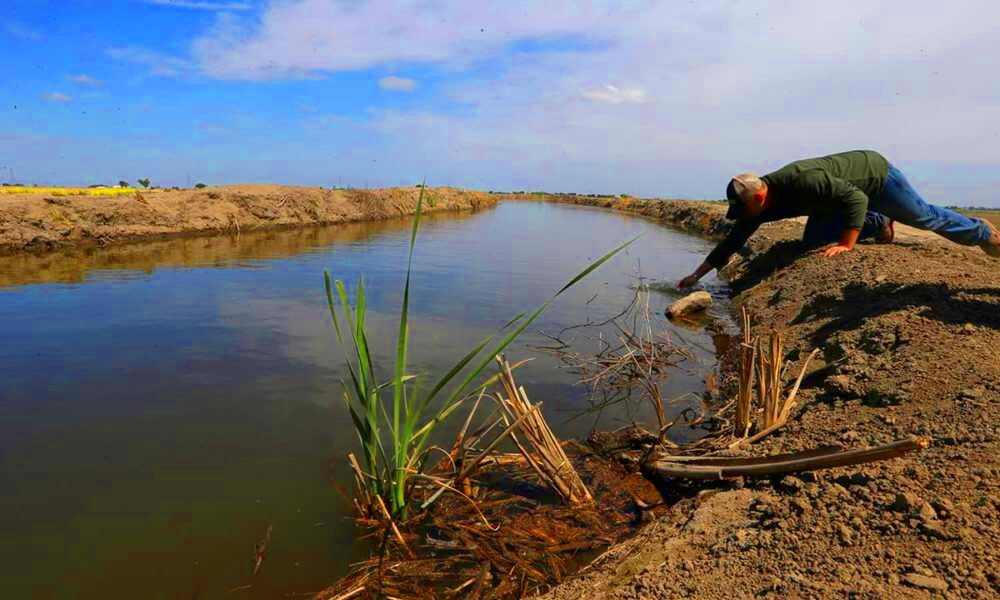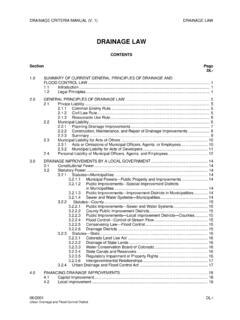California Drainage Law and Managing Property Water Flow
California drainage law is essential for property owners to understand, especially given the state’s unique geography and climate. Effective management of water flow is not just a matter of convenience but a legal obligation. This law governs how water drains from one property to another and outlines the rights and responsibilities of property owners. Knowing these laws can help prevent disputes and ensure that properties are protected from water damage.
Understanding Property Water Flow

Water flow on a property involves how rainwater and runoff are managed. Several factors influence this flow, including:
- Topography: The shape and slope of the land can direct water flow.
- Soil Type: Different soils absorb water at different rates, impacting drainage.
- Vegetation: Plants can help absorb water, affecting how it moves.
In California, property owners are responsible for managing water flow on their land. This responsibility includes:
- Preventing water from causing damage to neighboring properties.
- Maintaining drainage systems to ensure proper flow.
Understanding how water moves can help homeowners design their properties to manage runoff effectively.
Common Issues Related to Drainage in California

Drainage issues can lead to significant problems for property owners in California. Here are some common concerns:
- Flooding: Heavy rains can overwhelm drainage systems, leading to water pooling on properties.
- Erosion: Poor drainage can cause soil erosion, damaging landscaping and foundations.
- Mold and Mildew: Excess moisture can create ideal conditions for mold growth, posing health risks.
- Legal Disputes: Water runoff can lead to conflicts between neighbors over property damage.
Property owners should be proactive in identifying and addressing these issues to protect their homes and maintain good relationships with neighbors.
Legal Responsibilities of Property Owners
As a property owner in California, understanding your legal responsibilities regarding drainage is crucial. You are required to manage water flow on your property effectively. This responsibility includes ensuring that water runoff does not negatively impact neighboring properties. Here are some key legal obligations:
- Preventing Water Damage: You must take steps to prevent water from pooling or flooding your neighbor’s property.
- Maintaining Drainage Systems: If you have drainage systems, they need to be kept in good working order. Regular maintenance is necessary to ensure they function properly.
- Complying with Local Regulations: Many areas have specific drainage laws and regulations. Be sure to familiarize yourself with these rules to stay compliant.
- Addressing Complaints: If a neighbor raises concerns about water runoff from your property, you are legally obliged to address these issues promptly.
Understanding these responsibilities can help avoid legal disputes and keep your property safe from water-related damage.
How to Address Drainage Problems
When you notice drainage issues on your property, it’s essential to address them quickly to prevent further damage. Here are some steps you can take:
- Identify the Problem: Observe where water pools or runs off your property. Common signs of drainage issues include:
- Pooling water
- Eroded soil
- Wet spots on your lawn
- Increased insect activity
- Consult a Professional: If the problem is severe, consider hiring a drainage expert or landscape architect to evaluate your property.
- Implement Solutions: Based on your findings, you might need to:
- Install drainage systems like French drains or dry wells.
- Grade your yard to direct water away from your home.
- Add plants that absorb excess water, like rain gardens.
By taking proactive steps, you can effectively manage drainage problems and protect your property.
Role of Drainage Easements
Drainage easements play a significant role in managing water flow on properties. A drainage easement is a legal agreement that allows for the flow of water across a property. Here’s why they matter:
- Facilitating Water Flow: Easements ensure that water can flow freely from one property to another, preventing flooding and damage.
- Defining Rights: They establish clear rights and responsibilities for property owners regarding water drainage.
- Legal Protection: Having a formal easement can protect property owners from legal disputes over water flow issues.
It’s essential to understand any easements associated with your property. If you’re unsure, consult a real estate attorney or a property surveyor to clarify your rights and responsibilities regarding drainage easements.
Dispute Resolution and Legal Remedies
When drainage issues lead to disputes between property owners in California, resolving them quickly and amicably is crucial. Here are some common methods for dispute resolution and the legal remedies available:
- Communication: The first step is often to talk it out with your neighbor. Clear communication can resolve misunderstandings before they escalate.
- Mediation: If direct communication doesn’t work, consider mediation. This involves a neutral third party who can help facilitate a solution acceptable to both sides.
- Legal Action: If all else fails, taking legal action may be necessary. This could involve filing a lawsuit for damages or seeking a court order to address the drainage problem. Consider the following legal remedies:
- Injunctions to prevent further water damage.
- Compensation for damages caused by drainage issues.
Before pursuing legal action, consult with a qualified attorney to understand your rights and options. Legal proceedings can be lengthy and costly, so it’s best to exhaust other options first.
Frequently Asked Questions
Here are some common questions people have about California drainage law:
- What is the “reasonable use” rule? This rule states that property owners can use their land in a way that does not harm neighboring properties. You must manage your drainage to avoid negatively impacting others.
- Can I build structures that affect drainage? Yes, but you need to consider how they will impact water flow. You might need permits depending on local regulations.
- What should I do if my neighbor’s drainage system is causing problems? Start by discussing the issue with them. If that doesn’t help, you may need to explore mediation or legal options.
These FAQs can help clarify your understanding of drainage issues and legal responsibilities.
Conclusion
Understanding California drainage law is essential for all property owners. By knowing your legal responsibilities, addressing drainage problems proactively, and being aware of dispute resolution options, you can protect your property and maintain good relationships with your neighbors. Remember that effective drainage management not only prevents legal issues but also contributes to the overall health of your property and community. If you encounter any challenges, don’t hesitate to seek professional advice to ensure you are taking the right steps.


